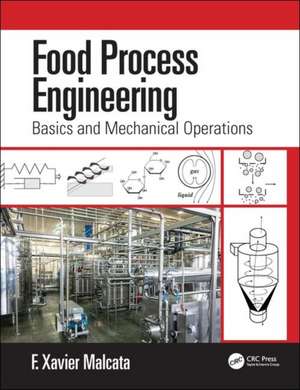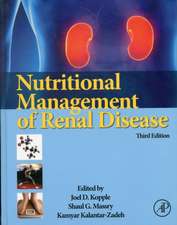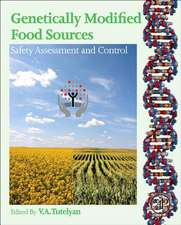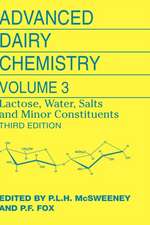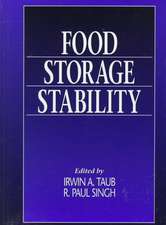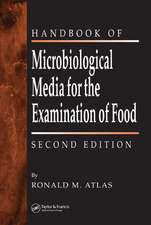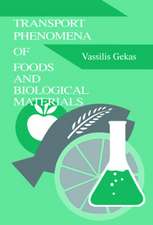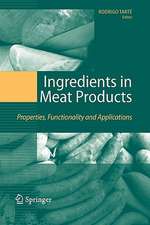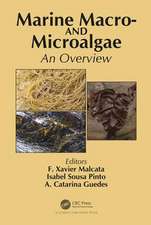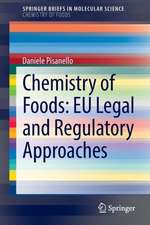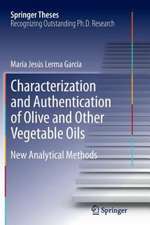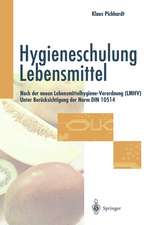Food Process Engineering: Basics and Mechanical Operations
Autor F. Xavier Malcataen Limba Engleză Hardback – 13 feb 2024
| Toate formatele și edițiile | Preț | Express |
|---|---|---|
| Hardback (3) | 1035.90 lei 3-5 săpt. | |
| Taylor & Francis – 13 feb 2024 | 1035.90 lei 3-5 săpt. | |
| CRC Press – 13 feb 2024 | 1043.47 lei 3-5 săpt. | |
| CRC Press – 16 noi 2020 | 1194.13 lei 6-8 săpt. |
Preț: 1035.90 lei
Preț vechi: 1380.70 lei
-25% Nou
Puncte Express: 1554
Preț estimativ în valută:
198.26€ • 209.15$ • 165.22£
198.26€ • 209.15$ • 165.22£
Carte disponibilă
Livrare economică 12-26 decembrie
Preluare comenzi: 021 569.72.76
Specificații
ISBN-13: 9781439883372
ISBN-10: 1439883378
Pagini: 556
Ilustrații: 233
Dimensiuni: 279 x 216 mm
Ediția:1
Editura: Taylor & Francis
Colecția CRC Press
ISBN-10: 1439883378
Pagini: 556
Ilustrații: 233
Dimensiuni: 279 x 216 mm
Ediția:1
Editura: Taylor & Francis
Colecția CRC Press
Public țintă
Academic and Professional ReferenceCuprins
Engineering Basics. Momentum Balances. Enthalpy Balances. Mass Balances. Chemical Balances. Momentum/enthalpy Balances. Momentum/mass Balances. Momentum/chemical Balances. Enthalpy/mass Balances. Enthalpy/chemical Balances. Mass/chemical Balances. Momentum/enthalpy/mass Balances. Momentum/enthalpy/chemical Balances. Enthalpy/mass/chemical Balances. Momentum/enthalpy/mass/chemical balances.
Notă biografică
F. Xavier Malcata was born in Mélange, Angola, in 1963. He received a B.Sc. degree in Chemical Engineering from the University of Oporto, Portugal, in 1986, a Ph.D. degree in Chemical Engineering / Food Science from the University of Wisconsin in 1991 and a Habilitation/Professorship degree in Food Science and Engineering from the Portuguese Catholic University in 2004. Dr. Malcata is currently a Professor of Food Science and Engineering at Instituto Superior da Maia in Maia, Portugal.
Descriere
This book is designed to serve as the core textbook for the food engineering course required in all food science programs. It provides a guided study based on modeling the physicochemical changes that liquid/solid food items experience as they are transformed from their original, natural form into elaborated forms eventually made available to consumers. Unlike other textbooks that provide sequential studies on various types of processing, this book entails a problem-oriented approach, focusing on the product rather than the operation.
